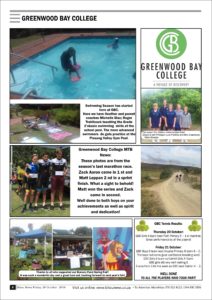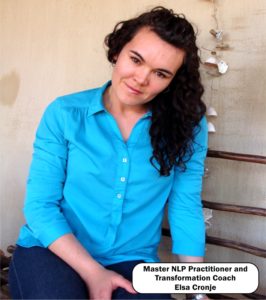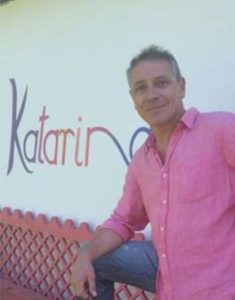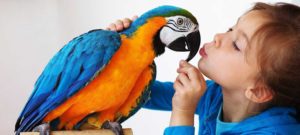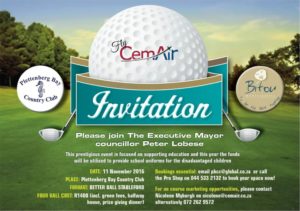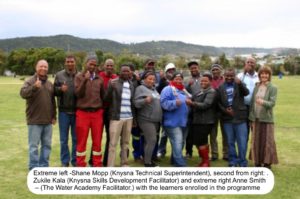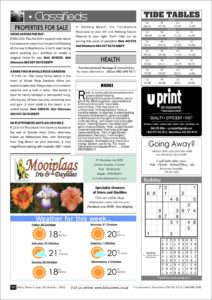Life… with Elsa
Why do I struggle to maintain healthy relationships?
It’s very easy to point fingers and blame others for making us sad, angry or upset…
The secret is we would not have felt those emotions in the first place if they were not in us already..
What? Strange concept, right?
The smoking mirrors of relationships plays a big part in this.The way we talk, treat others, behave and carry ourselves is all based on our perception of ourselves. Ever heard of the expression; As he thinks in his heart so is he?How does this work exactly?If you believe you are average, you will behave and treat others average which will in-turn treat you average. Your unconscious mind will make sure you behave average in order to keep this perception(You are average) manifested. This is mere one of the unconscious mind’s functions. See why it’s difficult for some people to just boost their confidence and change their self-image?
The smoking mirrors of a relationship have 2 kinds of smoke.
First, the smoke on the sides; In relationships the perception you have of yourself and the other person will affect your relationship with them IMMENSELY…
Secondly, the smoke in the middle, all the things that annoy you of the other person annoys you, 99% of the time, because you do them too.
What can you do to ensure a clean sparky mirror?
Step 1: Monitor your thoughts; what do you say to yourself about YOURSELF and others.
Step 2: Change your inner voice.
Step 3: Change your perception about yourself and others.
Master NLP Practitioner and Transformation Coach Elsa Cronje
www.takealeapcoaching.com
For more detail contact Elsa.
See details below.
NEW RESTAURANT @ KURLAND HOTEL
Giancarlo @ Katarina’s’ will open as a new restaurant, here at Kurland Hotel, offering a comprehensive Italian menu. The restaurant will be run and operated by well-known restaurateur Giancarlo Pironi, formerly of Assaggi in Johannesburg and A Tavola in Cape Town. It will open from 11:00 until late, seven days a week, and offer Plettenberg locals a new family dining alternative all year round. Special functions, such as boutique conferences and weddings, however will still be catered for by the existing Kurland team under the Katarina’s @ The Barn brand. The Kurland Hotel restaurant will still offer its renowned fine dining option throughout the year. -THE GREMLIN
GROOMING YOUR BIRD
Trimming beaks
Birds beaks normally wear down evenly. If the beak is not wearing evenly, an avian veterinarian should be contacted to examine the bird and determine the reason. The uneven beak should be trimmed to prevent problems with eating or preening.
Trimming nails
Overgrown nails will make perching difficult for a bird as well as increase the chance of catching a nail on carpet or sweaters. A good rule of thumb is that the nails are too long if the toe is elevated off the ground when the feet are placed on a flat surface. Even short nails may need to be blunted to remove sharp points. There are two techniques for trimming nails. The first uses human nail clippers or dog nail clippers depending on the bird’s size. Having a supply of styptic powder on hand will be helpful in case a nail is clipped too close and bleeds. With the bird restrained, trim the tip off the nail. More can always be removed, so start with small amounts with each clip. Some owners will trim only 1-2 nails a day and take a week to trim them all. This works well, as you are done before the bird realizes you trimmed his nails.
The second technique uses a rotary grinding device like a Dremel tool to grind the tip off the nail. It cauterizes as it shortens. A second person is needed to provide the restraint.
Having the nails trimmed by a veterinarian or bird groomer will give you an idea how short the nails should be kept. After the initial trim, you can continue to keep them that short with an every-other-week or every-month trim.
Clipping wings
Clipping wings is necessary for all of the more social birds that are allowed out of the cage. Birds such as canaries and other finches that stay in the cage do not need their wings clipped. Birds have been known to fly into windows, into pots of boiling water or other food, into ceiling fans, etc. We need to take the responsibility to protect them and this responsibility includes clipping wings. Watch your veterinarian or bird groomer trim the wings the first time. A proper trim allows the bird to exercise its muscles and to coast to a landing if needed. It should prevent the bird from attaining additional altitude. Clipping wings is not without risk. If done incorrectly the bird will not have control of his flight and could injure himself. In addition, if a blood feather is accidentally cut, first aid procedures would need to be used to properly remove it and stop the bleeding. If the bird does manage to escape to the outside world and fly off, immediately put his cage out in the yard with the door open and a big bowl of his favorite food in and on it. Hopefully, within a day or two, your feathered friend will decide the cage is not so bad after all. Let people know you lost your bird. Put up fliers, call veterinary clinics and animal shelters, and put an ad in the paper. Do not give up hope. Some birds are found and caught weeks after the escape. Keep up-to-date photos of the bird. Take pictures from both sides, front, and back. Write down the ID information whether it is from a leg band or a microchip. Having this information will help prove ownership if the need arises.
Showers, baths, misting
Most birds like to get wet and bathing often encourages normal preening behavior. Because our homes are kept at a constant temperature through central heat and air conditioning, the air in the house is dry compared to the bird’s natural environment. Some birds prefer to be misted while others like bathing. A squirt bottle can be set on mist (not spray) and aimed up and over the bird so the water falls onto the bird like mist or rain. For birds that like bathing, a dish with an inch of water in it can be placed in the bottom of the cage. Remove it after the birds have bathed. For birds that prefer showers, place a perch in the shower and supervise them. Keep constant track of the temperature of the water, so the bird does not become too cold or possibly burned if the water temperature suddenly changes.
Some birds like daily wet-downs while others do fine on a weekly basis. Take your bird’s lead in the matter. If the bird is not feeling well, skip the bath or misting until he is feeling better to avoid chilling or stressing him. Some birds enjoy being “blow-dried,” while others become fearful of the noise. If your bird likes being dried with a hair dryer, always use the low heat setting, do not let the dryer get too close to the bird, and constantly move the dryer so the heat is not focused on one area of the body for more than a second. Birds have suffered severe burns through the inappropriate use of hair dryers. Use extreme caution.
CLEAN WATER FOR ALL
On 11 October 2016, 16 delegates from the Knysna Municipality started a one-year theoretical and practical learnership facilitated by The Water Academy at Loerie Park. This programme was initiated by Knysna Municipal Skills Development Facilitator, Zukile Kala. Once successfully completing the programme, learners will be awarded a Water and Wastewater Treatment Process Operations at NQF 2 National Certificate. The Water Academy, led by Kevin Treffry-Goatley provides much needed education in the field of water services. Over the past 14 years he has trained, and through EWSETA, has issued qualifications to thousands of learners in municipal districts throughout South Africa. The course is an outcomes-based learnership in which students share information, problem solve and work in a team.
Clearly defined modules ensure an understanding of theoretical and practical methods for purifying water and wastewater. By the end of the training each learner will be able to:
- Identify water and wastewater problems.
- Work as an effective team member and provide efficient operation of the treatment processes.
- Demonstrate a clear understanding of water issues in a broader context of related systems.
- Communicate, act and report effectively.
- Use science and technology for the health of the community and the betterment of others.
- Express and act upon a sense of responsibility for the environment.
Self-assessment is key to the success of this programme. Students are encouraged to discuss and problem solve within teams to reinforce and build upon their existing knowledge of water management. Marius Pretorius, General Manager of The Water Academy opened the first day of training and said: “This learnership is an investment in yourself, your children, your family and your community.”
The Knysna Municipality demonstrates, by this valuable training, its continued commitment to providing clean water for all.
As water is our most valuable resource, the Knysna Municipality aspires to achieving excellence in the area of water management. The Municipality and The Water Academy intend to extend support and share information on an ongoing basis to ensure that our environment is supported and all in our community benefit.
-THE GREMLIN
For more information about training and water management visit www.thewateracademy.co.za


